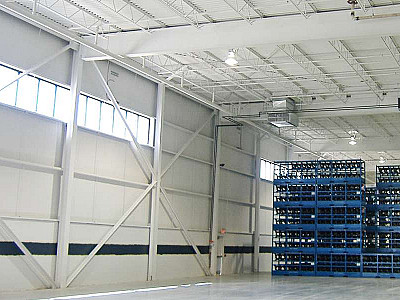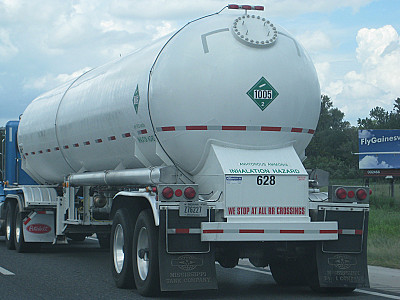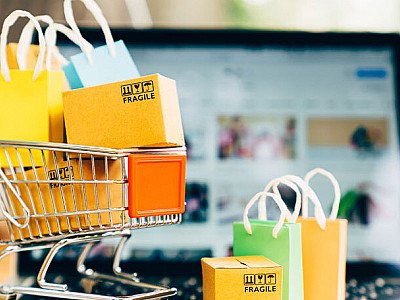Understanding the Opportunities of Insurance in Indonesia
An overview of the current trends within Indonesia's insurance industry.



The Cold Chain industry is one of the important aspects in distributing goods such as meat, fruits, vegetables, and even pharmacy products. This industry is responsible for keeping the goods and products fresh, which means utilizing various forms of transportation such as reefer trucks and cargo ships. It is then can be said that this industry offers services to a wide variety of other businesses, yet which businesses specifically require the services of the cold chain industry? One of the many advisors from our Indonesia expert network, Mr. CS is eager to share information that can answer such questions, and also knowledge regarding the cold chain industry in Indonesia, why is it important, and many more.
Keep on reading to know more about the insights shared by our expert network Indonesia!
There are approximately five to six main businesses that require services provided by the cold chain industry, but the first and foremost is the meat industry. In Indonesia, the need for meat is on the rise, mainly in the poultry sector, yet the beef sector also sees a considerable rise in demand as well. The beef sector has yet to match the poultry sector in terms of the rising demand, and it is caused by the import quota imposed by the government. The second industry is the fruit and vegetable industries. The third industry is the dairy industry, with a significant rise in demand reaching about 40% in the last three years, which causes milk scarcity in Indonesia. Those three are the biggest industries that use the services provided by the cold chain companies, contributing at least 60% to the overall numbers, the rest are divided among pharmacy industries and frozen food industries, which also sees a significant rise during pandemic.
Normally, the imported beef, usually frozen, is first kept in meat processing factories before being distributed. These meat processing factories have warehouses with coolers that could contain various amounts of beef depending on the size of the warehouse. The meat would then be distributed to consumers, meat stores, traditional markets, supermarkets, hotels, and many others using trucks. Normally the distributing process requires the use of reefer trucks, but this is limited to some major islands such as Java and Sumatra. Meats that are distributed to other islands such as Bali, Kalimantan, Sulawesi, and Lombok are to be transported using containers and are transported through the sea.
Reefer trucks are normally used to transport the products to meat shops and supermarkets. Traditional markets use a more traditional means of transportation, in which they use styrofoam and ice blocks to keep the products fresh. Local traders use small freezers. Each of the local traders usually have 5–10 units, with each unit capable of containing 8 liters of products.
More or less the same. The only difference is in the temperature. For the fruit and vegetable products, the temperature would be set to chill, for the dairy products, it would be set to freeze.
Most people nowadays have an instant mindset. They no longer go to markets, be it supermarkets or traditional markets, and acquire fresh meat. They now instead order them online. This is affected by the rising usage of e-commerce and was boosted significantly by the pandemic situation, which instilled fear in the hearts of the people to go to supermarkets and traditional markets, and thus frozen food was and is a more viable option.
Contact us to explore more about the current trends of the industry and be connected with Indonesia's expert network.
Subscribe to our newsletter, and stay updated on the latest insights to various industries
About Mr. CS:
Mr. CS has worked as a Regional Sales Manager ever since 2015. His day-to-day job includes managing and handling the general trade market, overseeing the Sumatra, Kalimantan, and Sulawesi region for the cold chain industry. He is especially known for his deep understanding towards the growth of the cold chain industry, the players and competitors in the industry, and how he can utilize that into positioning his company’s brand in an advantageous manner.
We will give you updates of our latest news
An overview of the current trends within Indonesia's insurance industry.

One of Askpert's advisors had the opportunity to share his insights about the expedition industry.

Ammonia is one of the new green energy technologies to curb emissions. Mr. DF, a specialist in the ammonia manufacturing sector, provided us with insights into the expansion of the ammonia industry in Indonesia.

Our advisor shares insights on how ecommerce enablers have been helping brands in Indonesia.
